On the afternoon of May 27, at the 9th Session of the 15th National Assembly , Minister of National Defense Phan Van Giang, authorized by the Prime Minister, presented the draft Law on State of Emergency.
The Minister stated that the Law is intended to overcome limitations and shortcomings in practice, ensure consistency and synchronization, and enhance the effectiveness and efficiency of the law on emergency situations. Thereby, it contributes to protecting the State and people, and the legitimate rights and interests of organizations and individuals.
The Standing Committee of the National Assembly decided to declare a state of emergency at the request of the Prime Minister.
The draft Law consists of 6 chapters and 42 articles, focusing on 2 major policies including measures applied in a state of emergency, the authority to organize, direct, operate and decide to apply special measures of a number of subjects in a state of emergency; and measures to support businesses; provide relief and support to people in responding during and after a state of emergency.
Minister of Defense Phan Van Giang.
The draft stipulates that a state of emergency is a special state of society established in one or more localities or nationwide when national security, social order and safety, human life and health are threatened or seriously violated and cannot be met by level 3 civil defense measures, requiring the application of special measures to promptly prevent, overcome consequences and quickly stabilize the situation.
According to the draft, the National Assembly Standing Committee decides to declare a state of emergency nationwide or in each locality at the request of the Prime Minister.
Pursuant to the Resolution of the National Assembly Standing Committee,the President shall declare a state of emergency nationwide or in each locality. In case the National Assembly Standing Committee cannot convene immediately, the President shall declare a state of emergency upon the request of the Prime Minister.
Resolutions of the National Assembly Standing Committee or Orders of the President on a state of emergency must be immediately announced in the mass media and publicly posted at the headquarters of the People's Committee of the commune, ward or town where the state of emergency is declared so that people know and implement it.
Scene of the meeting on the afternoon of May 27.
When the disaster has been prevented, limited or overcome; the epidemic has been stopped or extinguished; the national defense, security, social order and safety situation has stabilized, the Prime Minister shall propose that the National Assembly Standing Committee issue a Resolution, and the President shall issue an Order to lift the state of emergency.
Also according to the draft law, the Prime Minister decides on measures to be applied in a state of emergency.
If necessary, the Prime Minister may apply measures that are not yet prescribed by current laws and report to the competent authorities of the Party and the National Assembly as soon as possible.
Decentralization ensures flexibility in responding to and handling complex situations.
Examining the draft Law, the National Assembly's Committee on National Defense, Security and Foreign Affairs said that regulations on measures applied in a state of emergency are very important, creating consistency for application when a state of emergency occurs.
The examining body proposed to conduct research to prescribe applicable measures in accordance with the classification of emergency situations, ensuring consistency, strictness and feasibility.
Regarding the decentralization of power and authority to apply measures in a state of emergency, Chairman of the Committee Le Tan Toi said that the Committee basically agrees with the regulation that delegates power to the Prime Minister in case of necessity, can apply measures that are not yet prescribed by current laws and report to the competent authorities of the Party and the National Assembly in the nearest time.
According to the inspection agency, this regulation ensures flexibility in responding to and handling complex situations.
Chairman of the Committee on National Defense, Security and Foreign Affairs Le Tan Toi.
There are suggestions to study and supplement the content "or different from the provisions of current law" to ensure compliance with the provisions on decentralization, delegation of authority, and authorization of the Law on Government Organization 2025.
Regarding support policies and measures, there are opinions suggesting that the Law only stipulates general specific and special mechanisms and policies and assigns and decentralizes to the Prime Minister and local authorities to support people, communities and businesses affected in a state of emergency, or assigns the Government to stipulate details.
Regarding the responsibility for State management, the Committee for National Defense, Security and Foreign Affairs agrees with the provision that gives the authority to the Chairman of the Provincial People's Committee to apply measures that are not yet prescribed by current law or are different from the provisions of current law, ensuring flexibility in responding to and handling complicated situations in the locality. However, the examining agency noted that it is necessary to review to ensure consistency and synchronization with the Law on Organization of Local Government.
According to the program, the draft Law on State of Emergency will be discussed by the National Assembly in groups on June 12 and discussed in the hall on June 24.
According to NDO
Source: https://baothanhhoa.vn/truong-hop-khan-cap-thu-tuong-co-the-ap-dung-bien-phap-ma-phap-luat-chua-quy-dinh-250105.htm


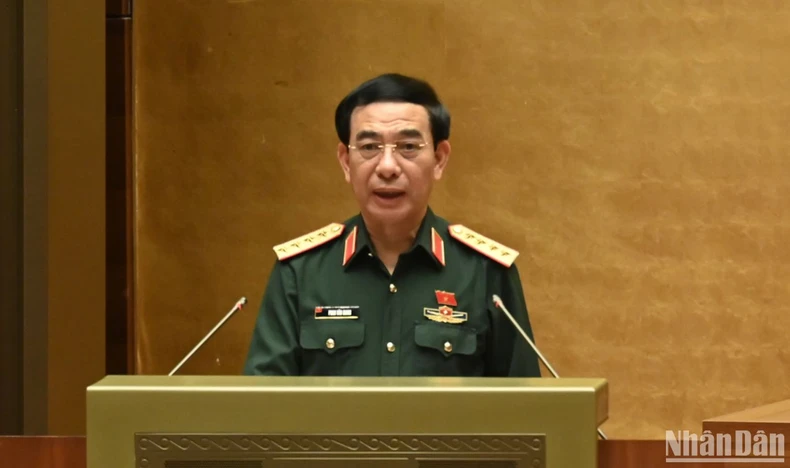
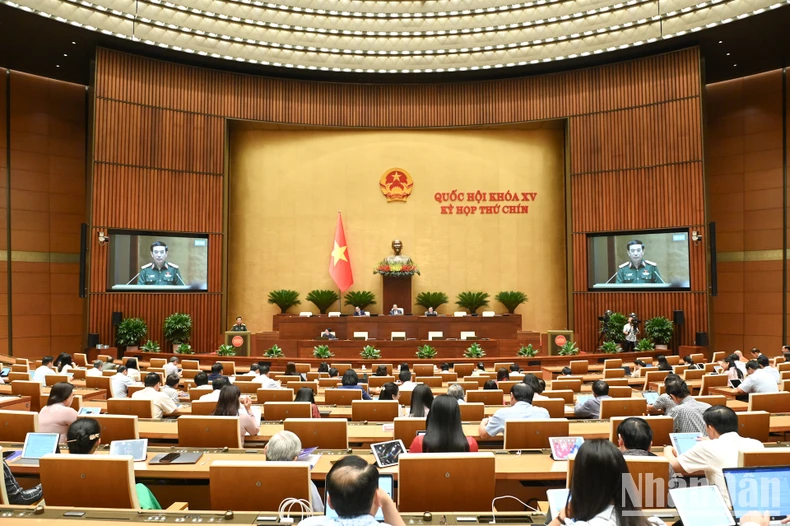
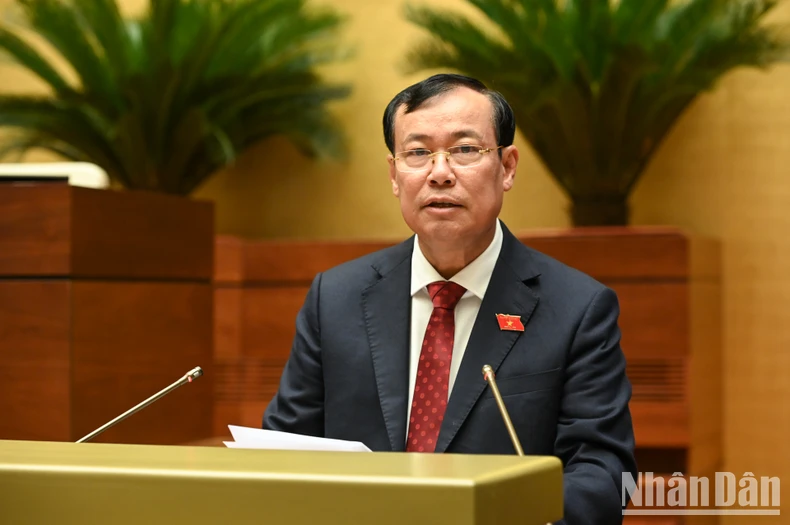
![[Photo] Vietnamese and Hungarian leaders attend the opening of the exhibition by photographer Bozoky Dezso](https://vphoto.vietnam.vn/thumb/1200x675/vietnam/resource/IMAGE/2025/5/28/b478be84f13042aebc74e077c4756e4b)
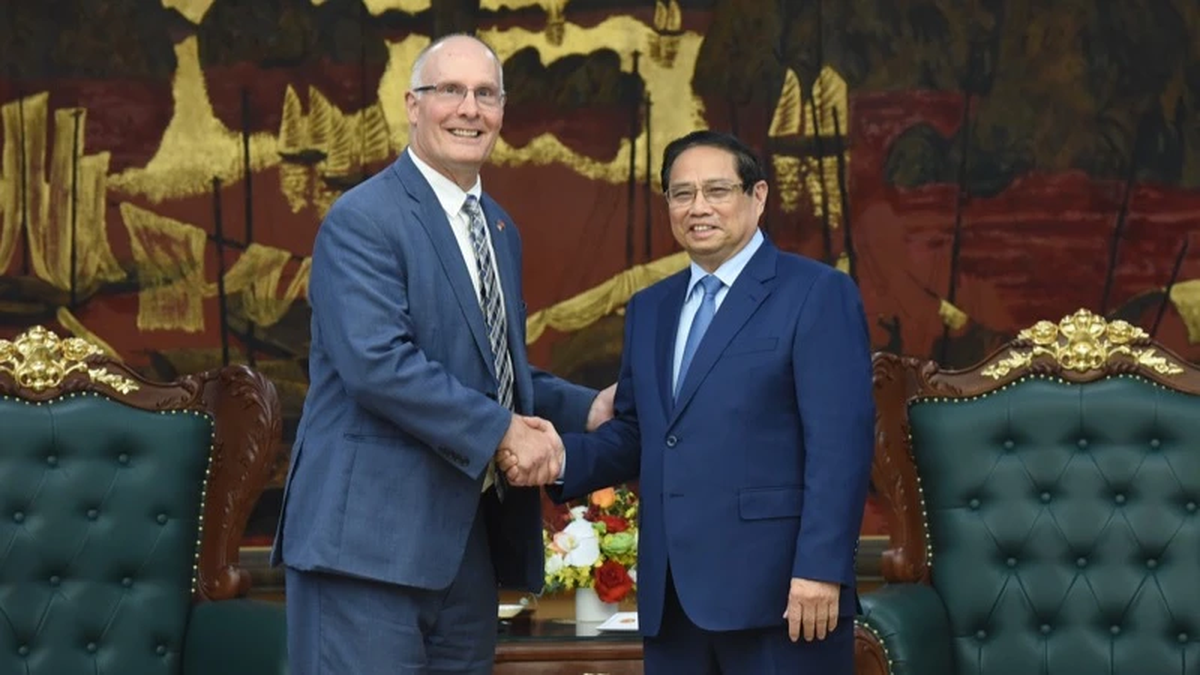
![[Photo] 12th grade students say goodbye at the closing ceremony, preparing to embark on a new journey](https://vphoto.vietnam.vn/thumb/1200x675/vietnam/resource/IMAGE/2025/5/28/42ac3d300d214e7b8db4a03feeed3f6a)

![[Photo] Prime Minister Pham Minh Chinh receives a bipartisan delegation of US House of Representatives](https://vphoto.vietnam.vn/thumb/1200x675/vietnam/resource/IMAGE/2025/5/28/468e61546b664d3f98dc75f6a3c2c880)
![[Photo] General Secretary To Lam works with the Central Policy and Strategy Committee](https://vphoto.vietnam.vn/thumb/1200x675/vietnam/resource/IMAGE/2025/5/28/7b31a656d8a148d4b7e7ca66463a6894)
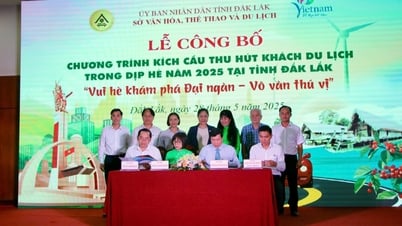

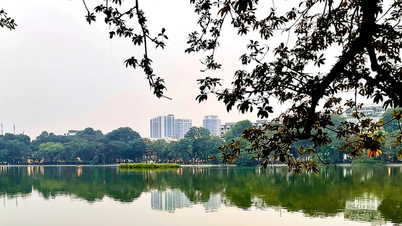



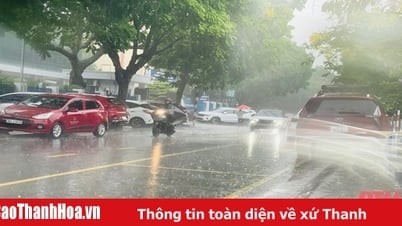


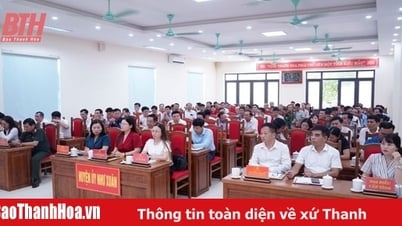




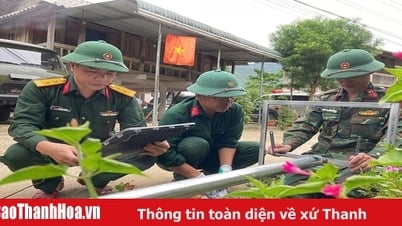
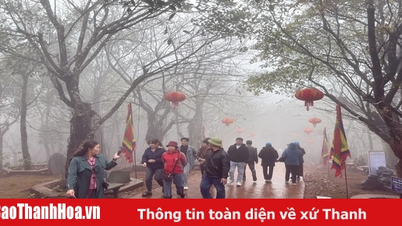
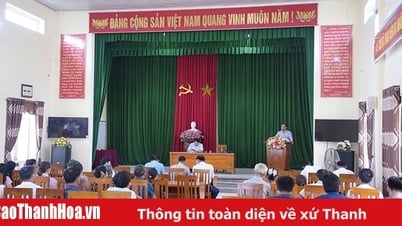


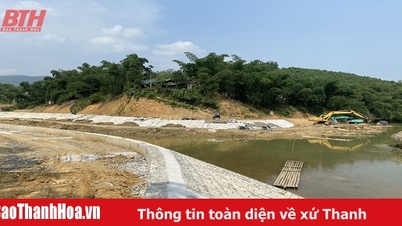





























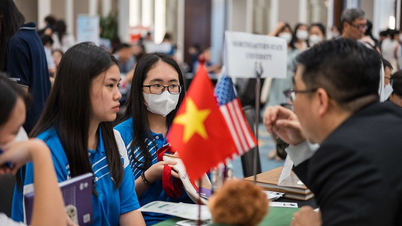












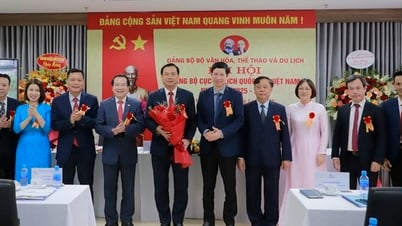
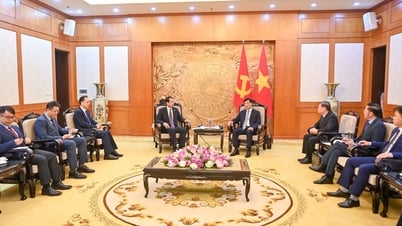




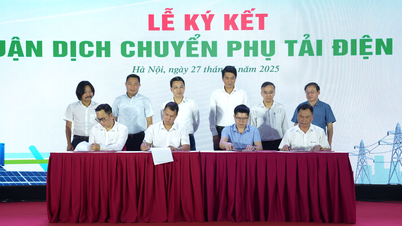
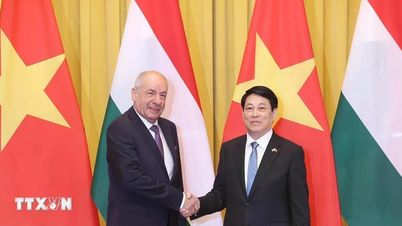
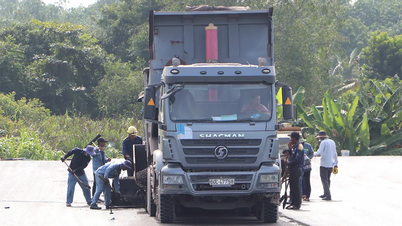


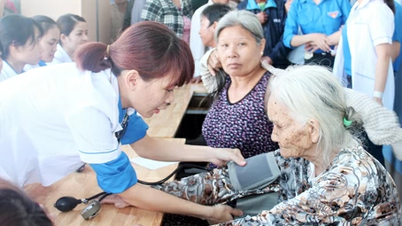
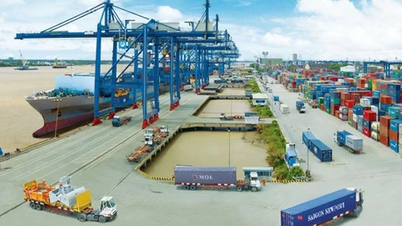








Comment (0)